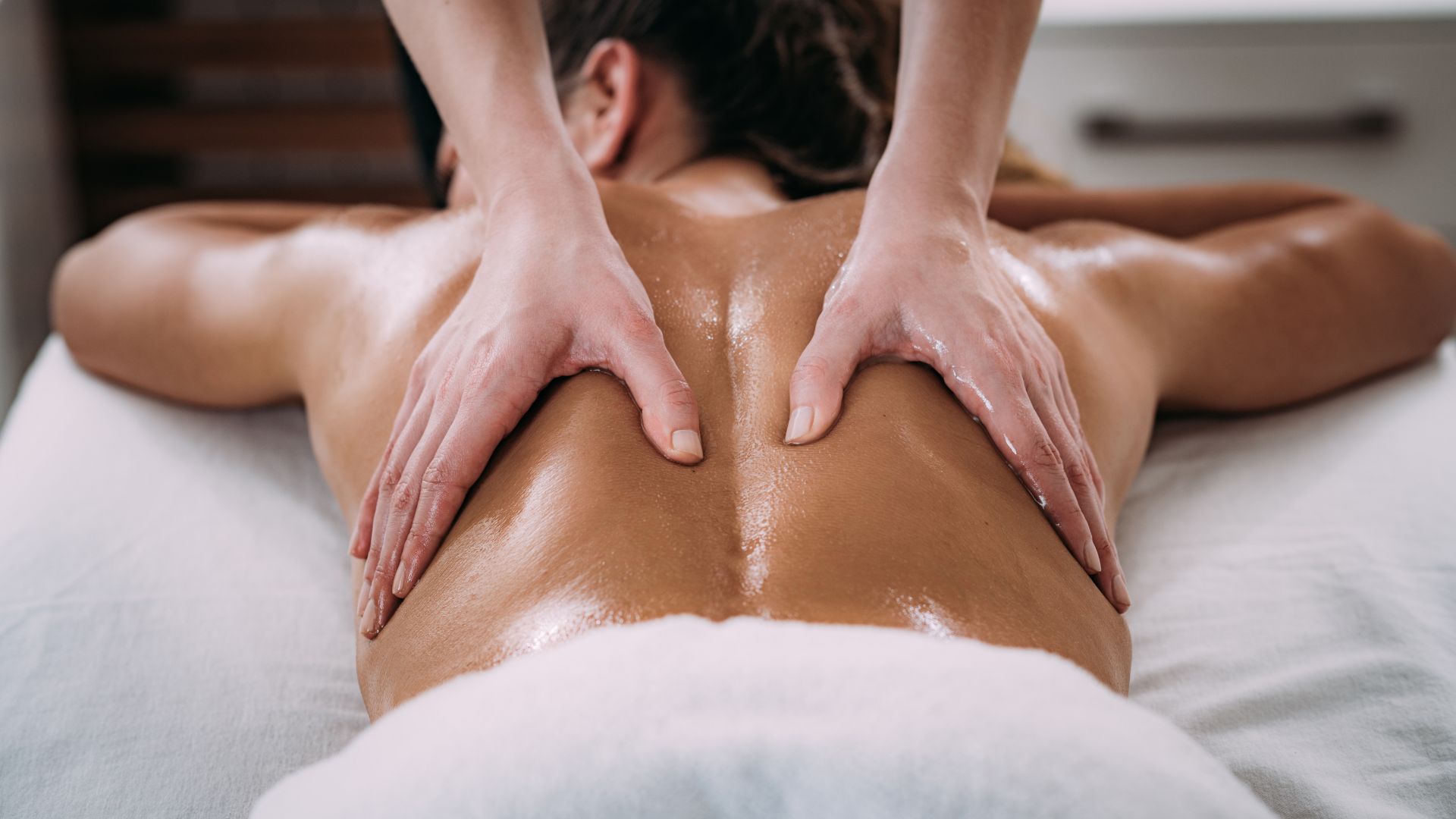
Massage services have become an integral part of current fitness routines, providing more than simply stress relief. Internationally, countless of people seek trained massage therapy to improve their physical health, cognitive well-being, and emotional balance. This rising interest shows a heightened understanding of the mind-body link, as well as the notable advantages that expert manipulation can offer. From relaxation to pain management, massage sessions cater to a broad range of requirements, rendering them a adaptable option for people aiming to enhance their general health.
At its heart, massage therapy includes manipulating muscles, tendons, ligaments, and soft tissues to reduce muscle knots, enhance circulation, and trigger the body’s natural recovery mechanisms. Different massage techniques, such as Swedish, deep tissue, sports massage, and aromatherapy, each provide unique methods and benefits. For example, Swedish 곤지암출장마사지 is typically gentle and soothing, well-suited for relaxation and boosting general circulation, while deep tissue massage addresses inner layers of muscles to relieve chronic pain and muscle stiffness. The selection of massage depends on desired results, whether it’s unwinding after a busy day or healing from an injury.
The health improvements of consistent massage appointments are numerous. One of the most widely experienced results is relief from pain, particularly in areas often experiencing strain such as the neck, shoulders, and back. Massage helps by unwinding tight muscles, enhancing blood flow to affected areas, and stimulating the release of endorphins, the body’s natural painkillers. Additionally, massage can enhance flexibility and range of motion, which is especially important for athletes and individuals rehabilitating from physical strain. Increased circulation also promotes detoxification and faster healing of damaged tissues, supporting overall physical health.
Beyond the bodily benefits, massage therapy has a profound impact on mental health. In today’s fast-paced world, chronic stress and anxiety have become prevalent challenges for many. Massage services deliver a soothing environment where individuals can break free of daily pressures and experience profound peace. The skilled massage helps lower cortisol levels, the hormone linked to stress, while concurrently increasing serotonin and dopamine, neurotransmitters associated with positive mood and calmness. This hormonal change leads to better mood, improved sleep quality, and reduced symptoms of anxiety and depression, making massage a valuable tool in mental wellness.
Emotional well-being is often overlooked but is equally supported by massage services. The act of human touch creates a sense of connection and comfort, which can be deeply healing. For many, massage sessions become a sanctuary—a trusted place to process emotions and heal emotional wounds. This aspect of massage is particularly significant in holistic wellness approaches that regard health as a balance between body, mind, and spirit.
The space where massage services are conducted also plays a critical role the overall experience. Many spas and wellness centers emphasize creating tranquil atmospheres through gentle tunes, aromatherapy, and dim lighting. This multisensory approach improves relaxation and allows clients to be fully present during their sessions. Skilled therapists tailor each massage to individual requirements, guaranteeing a personalized experience that maximizes benefits.
In conclusion, massage services are not just a luxury; they are an important component of comprehensive health care that supports physical, mental, and emotional well-being. Whether looking to reduce pain, stress reduction, or simply a moment of peace, professional massage offers a valuable and accessible means to support the body and mind. As awareness of these benefits expands, massage therapy remains a cornerstone of modern wellness practices internationally.
